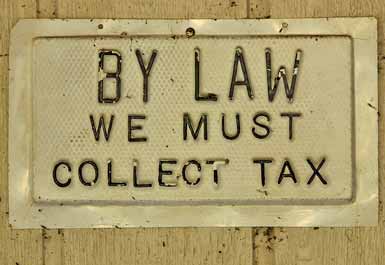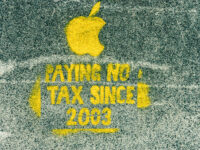Digital tax policy has emerged as major issue around the world. Canada is no exception. Late last year, the Canadian government announced plans to act on all three fronts: Bill C-10 seeks to address mandated Cancon payment and Finance Minster Chrystia Freeland has promised digital sales taxes by July and what sounds like a digital services tax in 2022.
What is a DST and how might Canada’s digital tax plans play out on the international front? I spoke with Georgetown University professor Itai Grinberg, a leading expert on cross-border taxation and digital tax issues on December 15, 2020, shortly after the government’s announcement. He joined the Law Bytes podcast to talk about the longstanding approach to multi-national tax policy and the emerging challenges that come from the digital economy.












